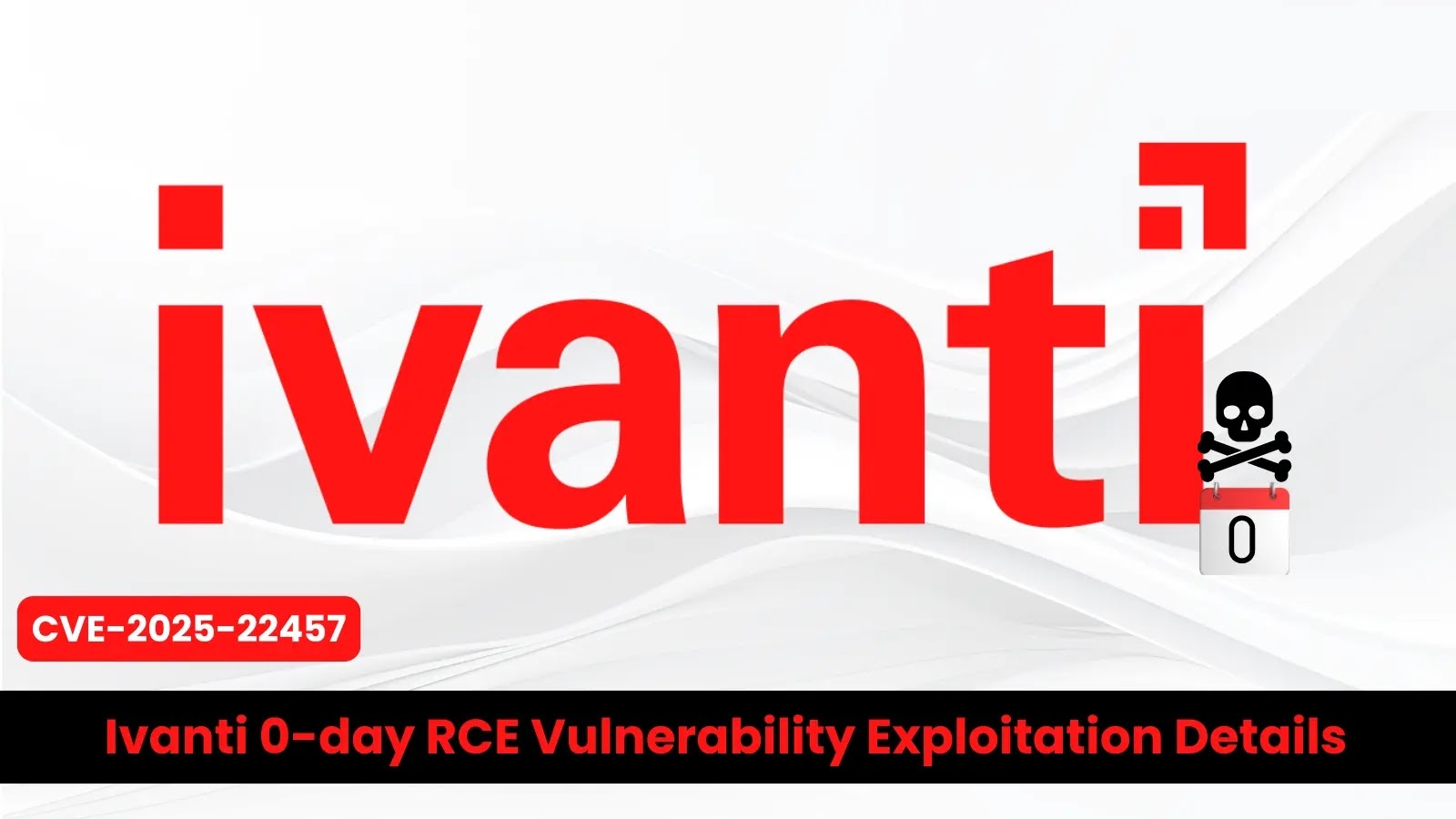On July 15, 2025, Oracle released its latest Critical Patch Update (CPU), addressing 309 security vulnerabilities across its extensive product portfolio. This comprehensive update underscores Oracle’s commitment to enhancing the security of its products and protecting users from potential cyber threats.
Overview of the Update
The July 2025 CPU encompasses 34 major product families, with a significant focus on Oracle Communications products, which received 112 patches. Other notable updates include 40 patches for MySQL and 31 for Oracle Fusion Middleware components. Of particular concern are the 145 vulnerabilities that can be exploited remotely without authentication, posing a substantial risk to organizations worldwide.
Breakdown of Vulnerabilities by Product Family
| Product Family | Number of Vulnerabilities Patched |
|——————————–|———————————–|
| Oracle Communications Products | 112 |
| MySQL Database | 40 |
| Oracle Fusion Middleware | 31 |
| Oracle Database Server | 25 |
| Oracle Java SE | 11 |
| Oracle Application Express | 5 |
| Other Product Families | 85 |
Critical Vulnerabilities in Key Products
Oracle Database Server
A notable vulnerability, CVE-2025-30751, affects Oracle Database Server versions 19.3-19.27 and 23.4-23.8. With a CVSS score of 8.8, this flaw allows attackers with low privileges to execute network-based attacks without user interaction, potentially compromising the confidentiality, integrity, and availability of database systems.
Oracle Application Express (APEX)
CVE-2025-50067, scoring 9.0 on the CVSS scale, impacts the Strategic Planner Starter App component of Oracle APEX. This vulnerability enables attackers to achieve complete system compromise through network-based attacks with minimal user interaction.
Oracle Java SE
The update includes 11 security patches for Oracle Java SE, addressing critical vulnerabilities such as CVE-2025-50059 (CVSS 8.6) and CVE-2025-30749 (CVSS 8.1). These flaws affect networking and 2D components across multiple Java versions, including Oracle GraalVM implementations, potentially allowing remote code execution in Java applications.
Enterprise Applications and Cloud Services
Oracle Fusion Middleware
Oracle’s enterprise middleware stack, including WebLogic Server, received significant attention. WebLogic Server was patched for eight vulnerabilities, notably CVE-2025-30762, which affects T3 and IIOP protocols. Additionally, Fusion Middleware components addressed multiple Apache Commons BeanUtils vulnerabilities (CVE-2025-48734) with a CVSS score of 8.8, which could lead to remote code execution in enterprise applications.
MySQL Database
The MySQL database ecosystem received 40 security patches addressing various components, from server core functionality to clustering mechanisms. Notable vulnerabilities include CVE-2025-50076 and CVE-2025-50078, affecting DML operations and potentially leading to unauthorized data manipulation.
Recommendations for Organizations
Given the severity and breadth of the vulnerabilities addressed in this update, organizations are strongly advised to:
1. Prioritize Patch Application: Immediately apply the July 2025 CPU to all affected Oracle products to mitigate potential exploitation risks.
2. Review Security Configurations: Assess and update security configurations to align with best practices, ensuring that systems are fortified against potential attacks.
3. Monitor for Unusual Activity: Implement continuous monitoring to detect any signs of exploitation or unauthorized access promptly.
4. Educate and Train Staff: Ensure that IT and security teams are informed about the vulnerabilities and the importance of timely patching and system updates.
By taking these proactive steps, organizations can significantly reduce the risk of cyberattacks and maintain the integrity and security of their systems.



